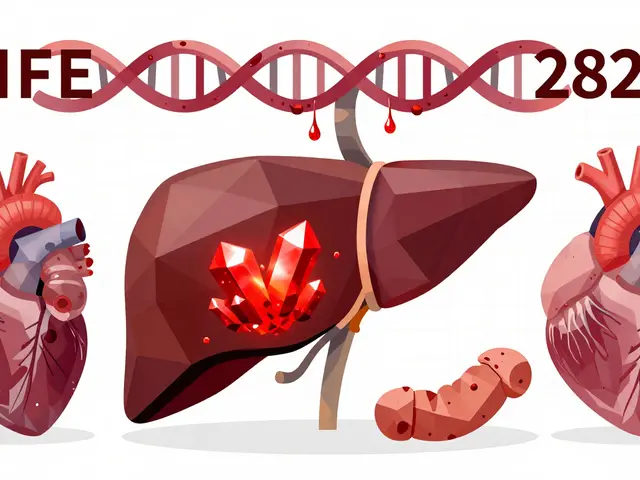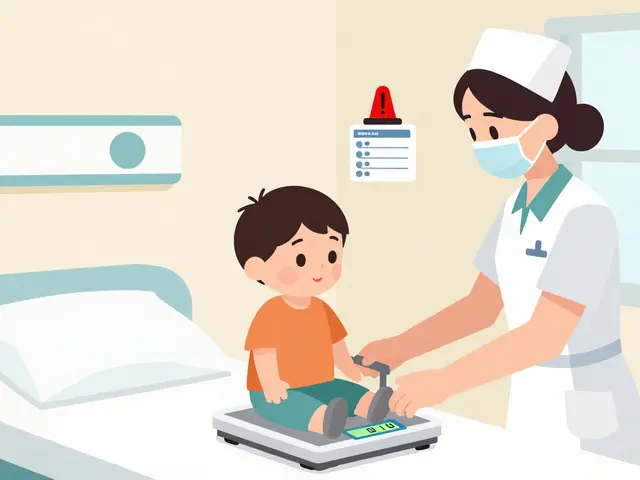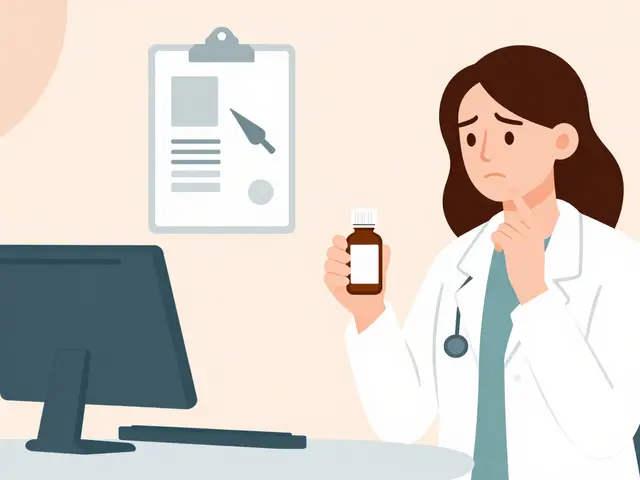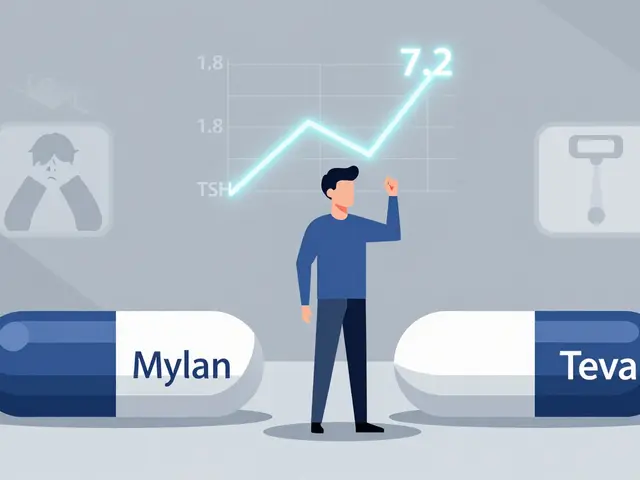Presenteeism: Why Showing Up Isn’t Enough for Workplace Health
Ever gone to work feeling sick, just because you didn’t want to let the team down? That’s presenteeism – when you’re physically at the desk but mentally or physically unable to perform. It’s not lazy; it’s a hidden productivity killer that costs businesses billions every year.
What Presenteeism Looks Like
Typical signs include slow typing, fuzzy thinking, frequent bathroom trips, or an ongoing cough that distracts coworkers. You might think you’re helping by not calling in, but the reality is you’re often producing lower‑quality work, making more mistakes, and spreading germs.
Studies show that a single employee with chronic health issues can lose up to 20 % of their productive time. Multiply that across a department, and the impact is massive. It’s not just physical illness – stress, burnout, and mental health struggles also cause presenteeism.
How to Tackle Presenteeism at Work
For Employees: Listen to your body. If you’re constantly running a fever or feel exhausted, ask for a sick day or remote work options. Use short breaks to stretch and hydrate; these micro‑recharges can keep your brain sharp.
For Managers: Create a culture where taking a needed day off is okay. Offer flexible scheduling or telecommuting tools. When you notice a team member’s output slipping, check in privately – ask if they’re feeling okay and what support they need.
Implement clear policies that separate “working from home when sick” from “working while sick in the office.” This gives staff a safe way to stay productive without exposing others.
Encourage regular health check‑ins. Simple initiatives like a quarterly wellness survey or free flu shots can lower the overall sickness rate, which in turn reduces presenteeism.
Finally, track performance metrics beyond just attendance. If you see a dip in quality or speed, investigate the root cause instead of assuming it’s a lack of effort.Addressing presenteeism isn’t about forcing people to stay home; it’s about giving them the tools and freedom to work at their best. When employees feel supported, they show up healthier, think clearer, and deliver better results – a win for everyone.
Explore how Major Depressive Disorder reduces workplace productivity, the hidden costs of absenteeism and presenteeism, and practical steps employers can take to support affected staff.
Continue reading...






